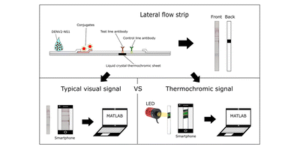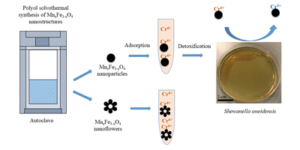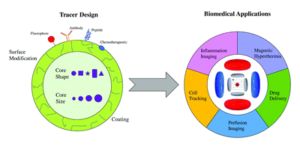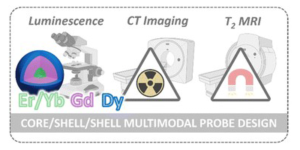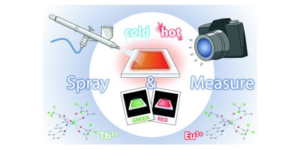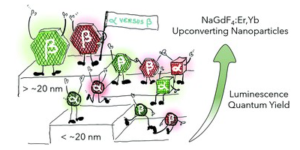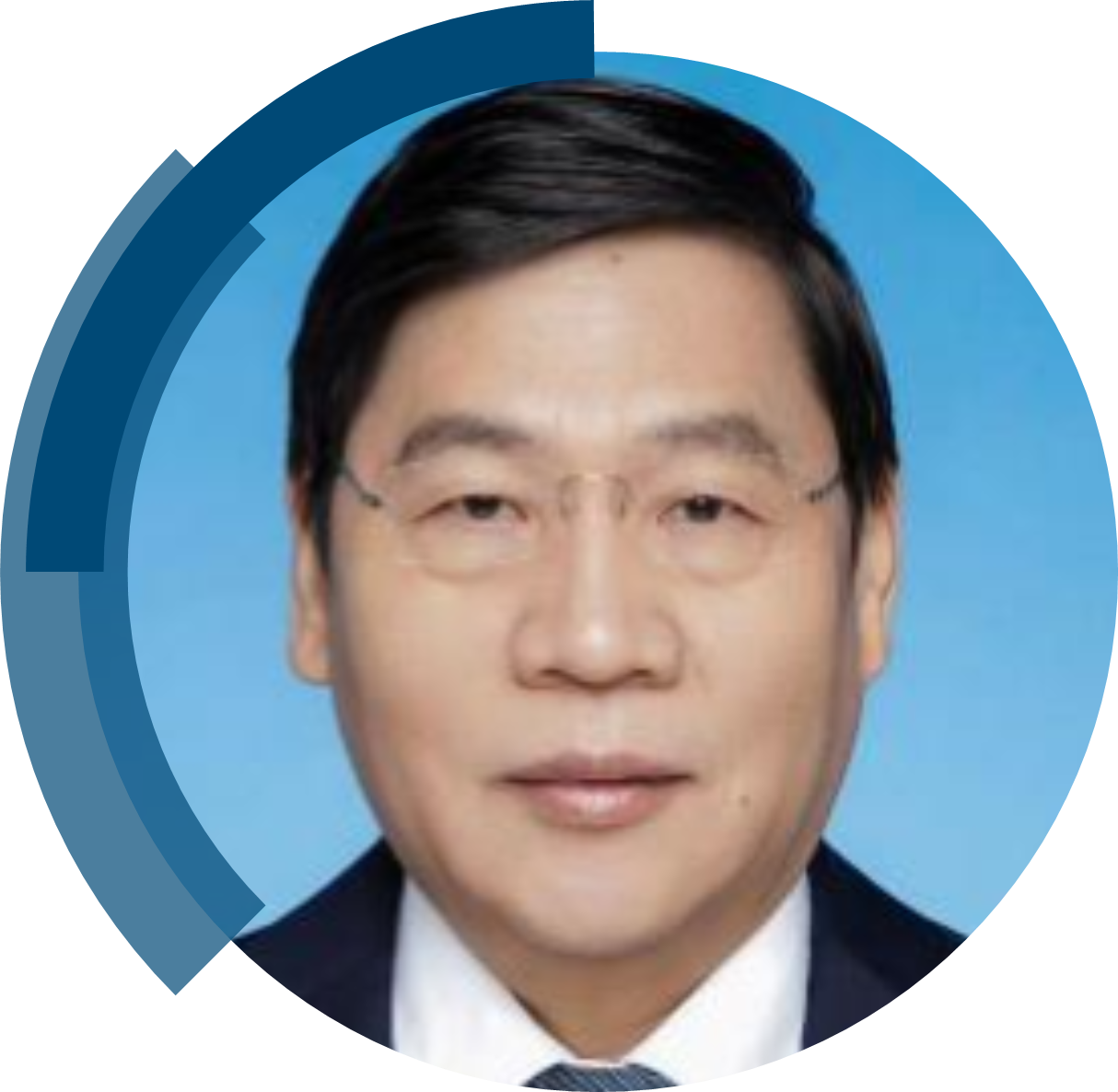We are delighted to welcome Professor Baoquan Ding, National Center for Nanoscience and Technology, China, as a new Associate Editor working across Nanoscale and Nanoscale Advances.
Professor Ding obtained his B.S. in Chemistry from Jilin University in 2000. He received his Ph.D. degree in Chemistry from New York University in 2006. After a postdoctoral experience at Molecular Foundry, Lawrence Berkeley National Lab (2006-2009), he joined the Biodesign Institute, Arizona State University, as a research assistant professor (2009-2010). He became a full professor at NCNST in November 2010.
His research interests include nanostructure and nanodevice fabrication with self-assembled biomolecules and nanoparticles and the development of wide applications in drug delivery, biocatalysis, and nanophotonics
“I look forward to strengthening the communication and collaboration between RSC and NCNST and contributing to promote Nanoscale to be one of the best Journals in nanoscience and nanotechnology.” – Professor Baoquan Ding
We welcome you to submit your latest work on nanostructure and nanodevice fabrication with self-assembled biomolecules and nanoparticles with applications in drug delivery, biocatalysis, and nanophotonics to his editorial office for consideration:
Submit your research to Nanoscale
Submit your research to Nanoscale Advances
Please join us in welcoming Professor Ding to Nanoscale and Nanoscale Advances and we hope you will consider Nanoscale and Nanoscale Advances for your future submissions!












 We are delighted to welcome Professor Zhuo Kang from the University of Science and Technology Beijing (USTB), China, as a new Associate Editor working across Nanoscale
We are delighted to welcome Professor Zhuo Kang from the University of Science and Technology Beijing (USTB), China, as a new Associate Editor working across Nanoscale 
